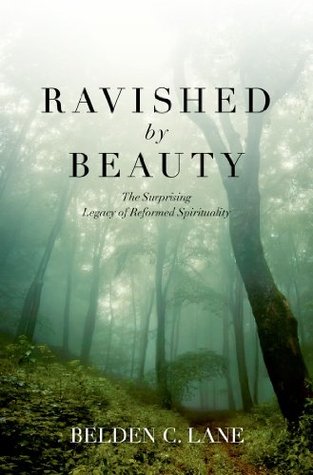“Desire,” as Symonds defined it, is a wintry discipline, trusting in a faithfulness it cannot see. “Delight” is a summer activity, reveling in God’s gracious open-handedness. “By desire . . . love extends it self towards God as absent: by delight she enjoyes him as present: desire is love in motion, delight is love in rest.” In God’s strange habit of rewarding the dearest lovers of God with the subtlest signs of grace, therefore, “He keeps the cistern empty, that we may look to the Clouds above.”8
Welcome back. Just a moment while we sign you in to your Goodreads account.


